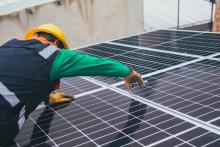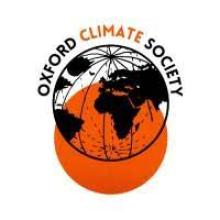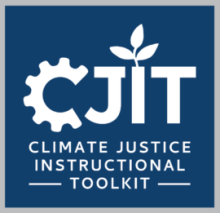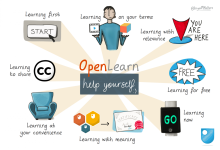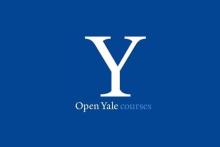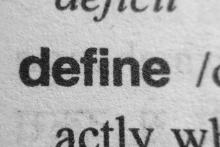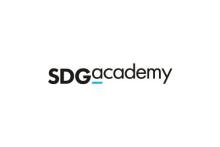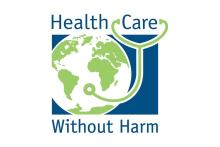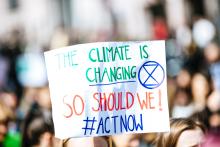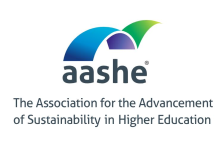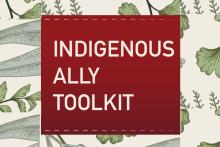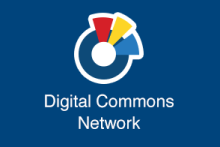This guide was created to explain the purpose, importance, and goals behind the creation of this digital resource on environmental education, as well as to support educators as they use this resource with their students. The focus is K to 12 audiences.
Why create a digital learning resource on environmental racism? If you were to browse through the current curriculum in BC you would find mentions of environmental racism to be non-existent in elementary school and few and far between in high school. Additionally, resources for educators and learners on the topic of environmental racism are extremely hard to find and lack content and context in relation to British Columbia. This hints toward the fact that many adults and children alike may be unaware of the prevalence of environmental racism at work in their own province and country. In fact, they may not even be able to explain the concept of environmental racism. This is a sign of the failure of our current curriculum to address the inequity, discrimination, and oppression still very much at work in our country today. As such, we decided to take on this important concept in an effort to provide a contextualized look at environmental racism, what it means, who it affects, and how we as educators and learners alike can move forward toward the end goal of an environmentally just society.
